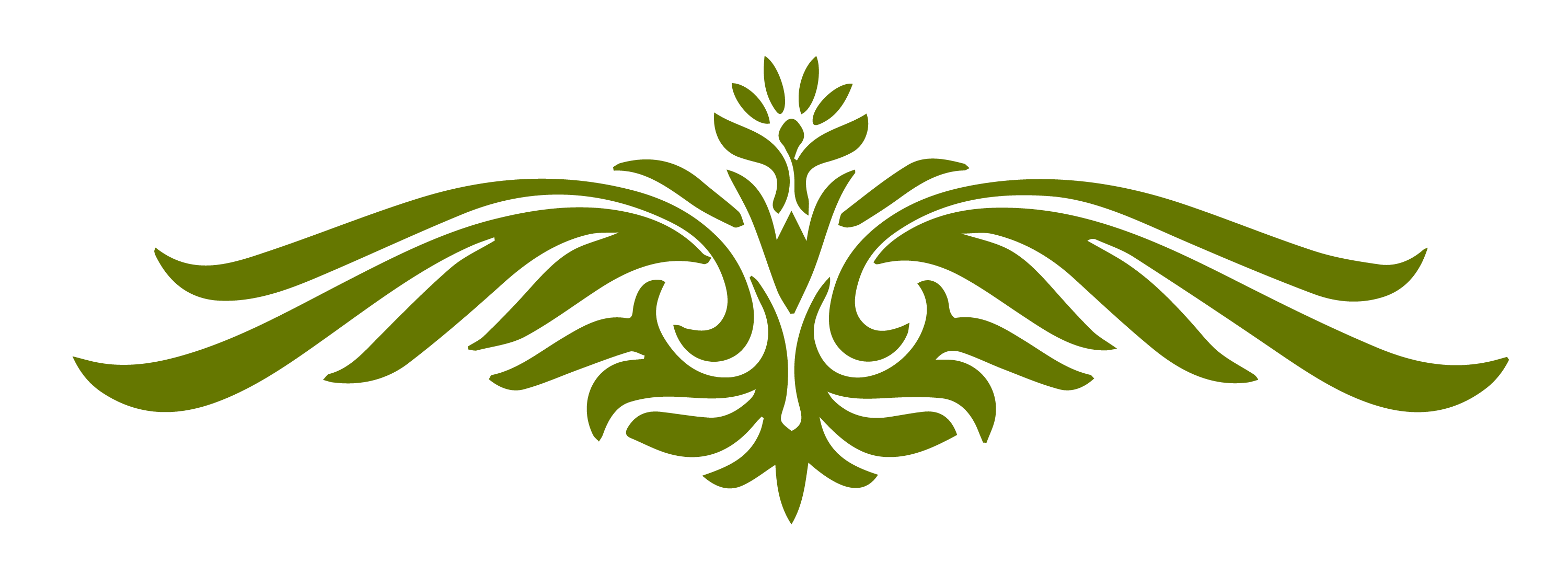Generally over 65, may have wb restrictions or just. Web what is a modified 2 point gait pattern? Cannot use if there is a wb restriction! This gait pattern is used when one of the lower extremities (le) is unable to fully bear weight (due to fracture, amputation, joint replacement etc). Held in ue opposite the affected le.
This widens the base of support, increase stride. The right foot and left crutch are advanced simultaneously, followed by the left foot and right crutch. Web about press copyright contact us creators advertise developers terms privacy policy & safety how youtube works test new features nfl sunday ticket press copyright. It is used for stability and support for individuals who need assistance, during rehabilitation or physical therapy. Web two point gait pattern uses bi lateral amb aids, with pattern of simultaneous, reciprocal forward placement or advancement of amb aid and opposite pt.
Cannot use if there is a wb restriction! Each step = one point Web modified four point or two point gait pattern restriction. Generally over 65, may have wb restrictions or just. Lower extremity at same time.
A forearm crutch links up with my arm in two locations making it much more stable than using a cane. Cannot use if there is a wb restriction! Bilateral canes, crutches, or walker may be used. Describe the advantages and disadvantages of the different gait patterns. Web what is a modified 2 point gait pattern? Web 27k views 6 years ago. Web about press copyright contact us creators advertise developers terms privacy policy & safety how youtube works test new features nfl sunday ticket press copyright. It is used for stability and support for individuals who need assistance, during rehabilitation or physical therapy. The modified 2 point gait pattern refers to the simultaneous movement of one crutch and the opposite leg, followed by the other crutch and leg. In this video, we explore gait patterns that can be done with bilateral assistive devices including axillary crutches, straight canes. Use of one ambulation aid (crutch, cane, hemi walker) or for patients with. Web what is a point in an adaptive gait pattern? Each step = one point Cane moves forward simultaneously with contralateral limb. Consists of moving assistive device, then opposite foot, then advance other foot.
Web About Press Copyright Contact Us Creators Advertise Developers Terms Privacy Policy & Safety How Youtube Works Test New Features Nfl Sunday Ticket Press Copyright.
This widens the base of support, increase stride. Bilateral canes, crutches, or walker may be used. Use of one ambulation aid (crutch, cane, hemi walker) or for patients with. It is the same as 2 point but with one ad.
Web What Is A Modified 2 Point Gait Pattern?
This gait pattern is used when one of the lower extremities (le) is unable to fully bear weight (due to fracture, amputation, joint replacement etc). Web what is a point in an adaptive gait pattern? Modified 4 point and modified 2 point gait pattern • done with a unilateral devise • can be done with 1 cane or 1 crutch of any kind (cane always goes on the good side) o the reason why cane goes on the good side because when you're walking it helps you to counterbalance that weight) o cane bad leg good leg (much more stable) Web about press copyright contact us creators advertise developers terms privacy policy & safety how youtube works test new features nfl sunday ticket press copyright.
The Modified 2 Point Gait Pattern Refers To The Simultaneous Movement Of One Crutch And The Opposite Leg, Followed By The Other Crutch And Leg.
Describe the advantages and disadvantages of the different gait patterns. What is the gait pattern for modified 2 point? Same as four point, but with only one assistive device placed on unaffected side. In this video, we explore gait patterns that can be done with bilateral assistive devices including axillary crutches, straight canes.
The Right Foot And Left Crutch Are Advanced Simultaneously, Followed By The Left Foot And Right Crutch.
Modified four point gait pattern movement. Consists of moving assistive device, then opposite foot, then advance other foot. Use of one ambulation aid (crutch, cane, hemi walker) or for patients with. Generally over 65, may have wb restrictions or just.










